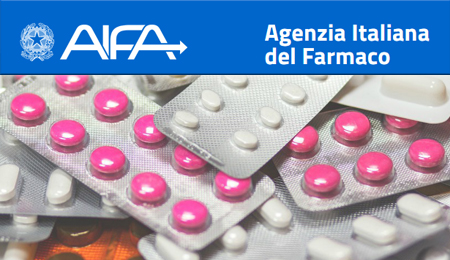Note 100 extends the possibility of prescribing antidiabetic drugs to general practitioners and specialists
Type 2 diabetes mellitus represents a chronic disease with a growing prevalence in the Italian population, equal to 6-7% (over 3,5 million patients), and a significant impact in terms of morbidity and mortality. About a third of patients are followed exclusively by the General Practitioner (GP) who was not authorized to prescribe 3 categories of drugs that have become of great importance for the treatment of diabetes and its complications: SGLT2 inhibitors, receptor agonists of the GLP1 and DPP4 inhibitors.
With the introduction of Note 100, a large number of medicinal specialties, also in association, can be prescribed directly by the GP, as well as by all the specialists of the National Health Service (SSN). This is a much awaited step, required by both patient associations and doctors, which will allow General Practitioner to acquire a primary role in the integrated management of diabetes.
The correct application of the AIFA Note will require a training effort by the NHS through all the channels provided and a comparison between the regional and national stakeholders with which AIFA is ready to collaborate right now.
This AIFA Note will make it possible to offer the best possible treatment to all patients with type 2 diabetes, no longer based on the mere correction of glycaemia, but on the prevention of cardiovascular and renal complications which represent important critical issues of this pathology. Recent studies have in fact shown that some of these drugs (SGLT2i and GLP1-RA) can reduce cardiovascular risk (in particular heart failure, myocardial infarction, stroke, etc.) and slow down the progression of nephropathy.
Note 100, like the others recently published by AIFA, not only aims to define the reimbursement of drugs, but has been designed as a guideline document that allows identifying the most appropriate therapeutic choice for the individual patient in relation to his characteristics, the general clinical picture and the risk factors it presents.
The work carried out by the AIFA Technical-Scientific Commission (CTS) required over a year of in-depth analysis and the Note was shared with the scientific societies of the sector (SID, Italian Society of Diabetology; AMD, Association of Diabetologists; SIMG, Italian Society of General Medicine), resulting substantially aligned in its contents with the most recent national and international guidelines.
The introduction of the Note relating to antidiabetic drugs also represents a virtuous example of application of the 2022 budget law which instructs AIFA to annually update the list of drugs reimbursable by the NHS. With the Note, in fact, the review of the drugs supplied by the NHS is not limited to a price alignment intervention, but combines sustainability with interventions aimed at promoting prescriptive appropriateness, the central role of the GP and taking charge of patients.
